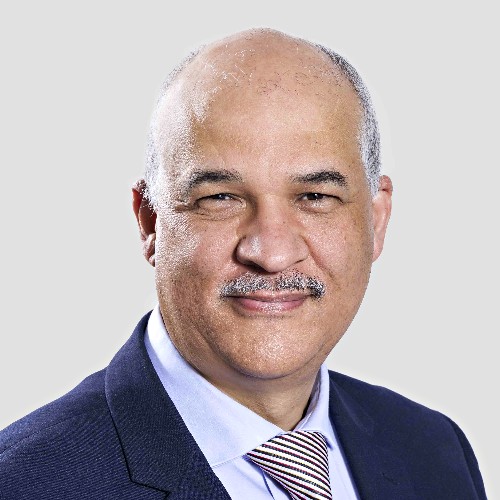RadioDays Africa, the continent’s largest radio conference has kicked off, with a series of interesting sessions to galvanize ideas for growth in audio consumption, taking place.
Hosted by Wits University’s department of Journalism, RadioDays Africa is a key event for radio practitioners in Africa. It is a partner event of Radio Days Europe and aims to stimulate learning, engagement, conversation, and thinking around the various aspects of the radio business, in an African context, while also gaining insight into international trends.
This year’s conference marks the twelfth edition since its inception and the second virtual version, because of COVID-19. The conference officially opened on Monday, July 5, with the head of journalism at Wits University, Franz Krüger moderating.
During the session, South Africa’s National Association of Broadcasters (NAB) executive director, Nadia Bulbulia reemphasized the role of radio in keeping communities connected and engaged, especially during the covid pandemic.
The session briefly touched on the status of radio stations in the midst of the current challenges as well as discussing ways to readjust the sector to cope with the changing trends of audio consumption.
This year’s conference is entirely be focused on the growth of audio consumption, participants at the session including: SABC’s Chief Operating Officer Ian Plaatjies (pictured); Radio Kenya’s CEO Nsinazo Waraka, and the head of Branded Content Partnerships at RTÉ in Ireland Alan Swan.
Ian referred to the changes in the audio landscape as “an opportunity, and not a threat.” He suggested that the power of radio hasn’t been diminished, and on the contrary, an integrated business model (like that of the SABC) presents new opportunities for audiences and revenue.
Although he spoke excitedly about the “roughly 30% year-on-year migration from traditional radio to digital in South Africa”, it was clear he was still somewhat cautious, also stating that the public broadcaster has opted for a dual strategy (slow and steady) approach, in order to protect the existing audience base.
Also, Alan Swan who also works for a national broadcaster, sees countless opportunities alongside a long list of challenges for radio in the coming decade, especially because of the way audio consumption habits have changed over the past year.
The South African market may be trialing DAB+, something that Nsinazo said the Kenyan market is open to as well. Ireland has moved away from such digital technology due to slow take-up, high costs, and geographical logistical issues.

